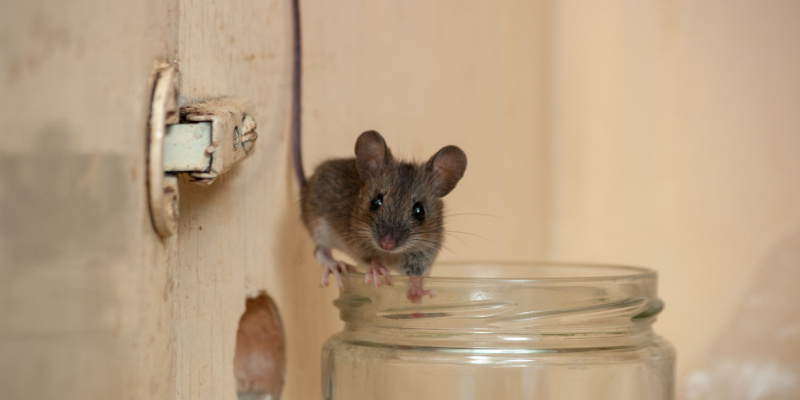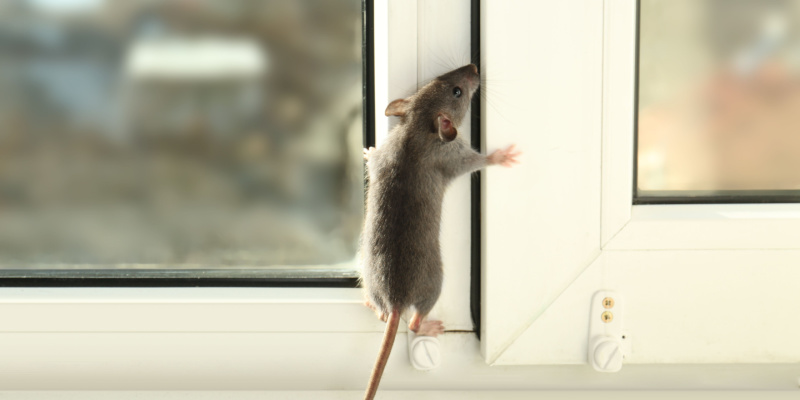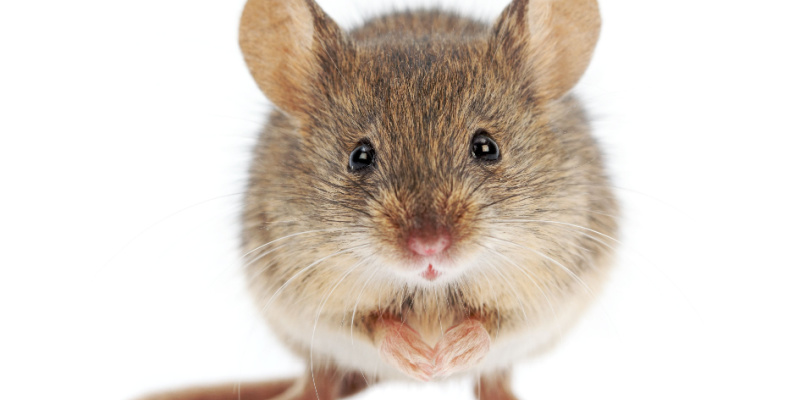Rodents are often portrayed as cute and harmless in cartoons, but when they invade your home, their antics are anything but entertaining. In fact, they can pose significant threats. As homeowners in Indianapolis discover, these small critters can lead to big problems. If you’re wondering just how much damage rodents can inflict on your home, read on.
The Rodent Rundown: Who Are the Culprits?
In the Indianapolis region, the most common home-invading rodents are house mice, Norway rats, and roof rats. Each of these rodents has unique habits, but all share a common trait: the potential to wreak havoc in your home.
The Damage Rodents Can Cause
1. Structural Harm
Rodents have sharp, continuously growing incisors, which they must gnaw on to keep at bay. This gnawing habit can cause:
- Electrical Damage: They chew on wires, leading to shorts or even fire hazards.
- Pipe Damage: They can gnaw on PVC piping, leading to leaks.
- Wood Damage: From furniture to structural beams, nothing wooden is safe.
2. Contamination of Food Sources
Rodents typically enter homes in search of food. In their search, they can:
- Contaminate Food: They can get into pantry items, leaving behind droppings, urine, and hair.
- Spread Disease: Rodents are carriers of various diseases like Salmonellosis, which can spread when they contaminate food or surfaces.
3. Insulation Damage
Rodents love nesting in insulation, especially in attics:
- Shredding Insulation: They tear apart insulation to build their nests, reducing its effectiveness.
- Contaminating Insulation: Their urine and droppings can saturate insulation, rendering it useless and posing health risks.
4. Landscape and Yard Damage
It’s not just the interior of your home at risk:
- Burrowing: Rats especially can burrow, creating holes in your yard and potentially damaging the foundation of structures.
- Eating Plants: They might feed on plants and vegetables in gardens.
5. Air Quality Decline
Rodent infestations often lead to:
- Unpleasant Odors: The smell of rodent urine and droppings can be quite strong and unpleasant.
- Health Risks: As rodent droppings dry out, particles can become airborne, which can exacerbate allergies and even spread certain diseases.
Indicators of Rodent Damage
Stay vigilant and look for these signs:
- Gnaw Marks: On wires, furniture, or walls.
- Droppings: Small pellet-like droppings can often be found in kitchen cabinets, drawers, or other secluded areas.
- Sounds: Scratching or scurrying sounds in the walls or ceilings, especially during the night.
- Nests: Shredded material or insulation in secluded areas can indicate nesting sites.
Preventing Rodent Damage
The best strategy is prevention. Here are a few tips:
- Seal Entry Points: Regularly inspect your home for cracks, gaps, or holes and seal them.
- Proper Food Storage: Keep food, including pet food, in airtight containers.
- Maintain Cleanliness: Regularly clean up food residues, and ensure trash cans have tight-fitting lids.
- Professional Inspection: Consider a yearly inspection from a pest control expert in Indianapolis to ensure your home remains rodent-free.
The verdict is clear: rodents can, and most certainly will, cause damage if they invade your home. Their small size belies the significant impact they can have on your property’s structural integrity, health conditions, and overall peace of mind. Indianapolis homeowners should remain proactive in both prevention and timely intervention. If you suspect an infestation, it’s best to call in the professionals sooner rather than later. An expert pest control company can assess, address, and provide guidance on keeping these pesky invaders at bay.



